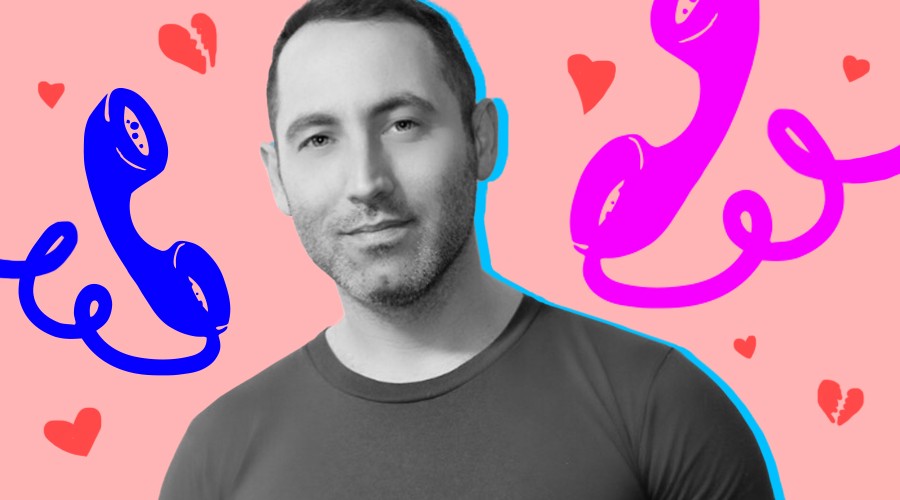WRITTEN by Dr. Chris
"Not only is calling someone a sex addict a convenient way to write off being a sexual predator and lacking empathy, but it’s also an attempt at trying to rehab a career. Sex addiction is not real."
It’s heartbreaking, as a therapist, to see multitudes of patients walk into my office thinking they’re sex addicts, often led by the hand of an angry partner, sometimes having just run away from years of pricey sex-addiction treatment that’s based on nothing more than the sex phobia and the miseducation of its founders and practitioners.
In our sex-phobic and slut-shaming culture, very few of us have been able to untangle the limitations caused by social norms and sex policing from great sex. Instead of being supported in an ongoing journey of erotic exploration, we are shamed and limited at every stage of our lives.
Whether or not a guy lives up to the standard body — via overtraining, disordered eating or genetics — we are all held hostage and responsible for how we participate in or reproduce desirability politics and body norms.
We are living in a post identity epoch and the labels and identities of the past have all been problematized. Words like “man,” “lesbian” and “gay” no longer explain the complexity of gender or sex and neologisms abound to communicate how people now want to be referenced or seen.
Psychological health and fitness are inherently built into marginalized and minority communities due to their ability to ignore institutionalized norms, leading to a truly alternative lifestyle of choice.
“It’s amazing that anyone has confidence in their “sexual orientation” in our current culture.”
“We develop masturbation habits that are pleasurable but also hardwired. Masturbation and self-pleasure enter our lives from the time we’re in utero and extend well into our elder years. And its traumatic legacy rarely gets challenged. Our masturbation habits rarely mature beyond what they were as kids: quick, quiet, alone and focused on genitals only and getting off as soon as possible in a hurried fashion.”
“We have a problematic obsession with railing and erections, just like in the movies! Penis-owners spend a lot of time thinking and worrying about their erections — how easy are they to get, to keep and how soon they ejaculate.
Leave your penis alone! It is not intended to perform — to get hard on demand, stay hard and not cum too soon.”
“Are you hot enough to have sex? That’s the question lurking behind so much of the media we consume, the ads that are shoved in our face and the porn that we watch. Entire industries are built on the premise that we need to get our bodies ready at the gym, the mall and the dentist in order to have sex. Looking good and feeling good is the path to sex, we’re told. But this couldn’t be further from the truth. In fact, it’s completely backwards: Sex is your path toward self-love and greater body esteem.”
“Safe sex” often gets reduced to conversations about PrEP, condoms and STIs. These are important topics, but left out are the emotional and social aspects of safe sex, which cause deeper, longer lasting side effects. STI stigma still exists, and that stigma is often the most problematic part of having contracted an infection.
There is nothing shameful about STIs.”


























